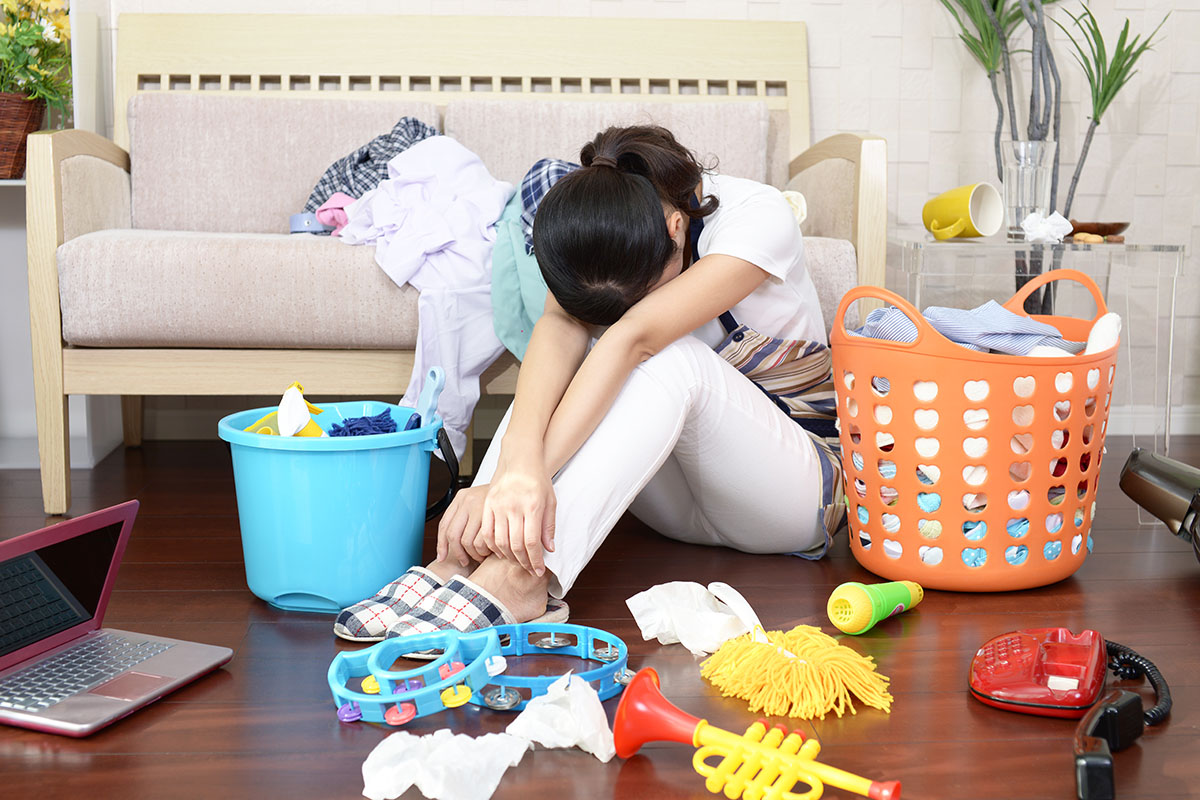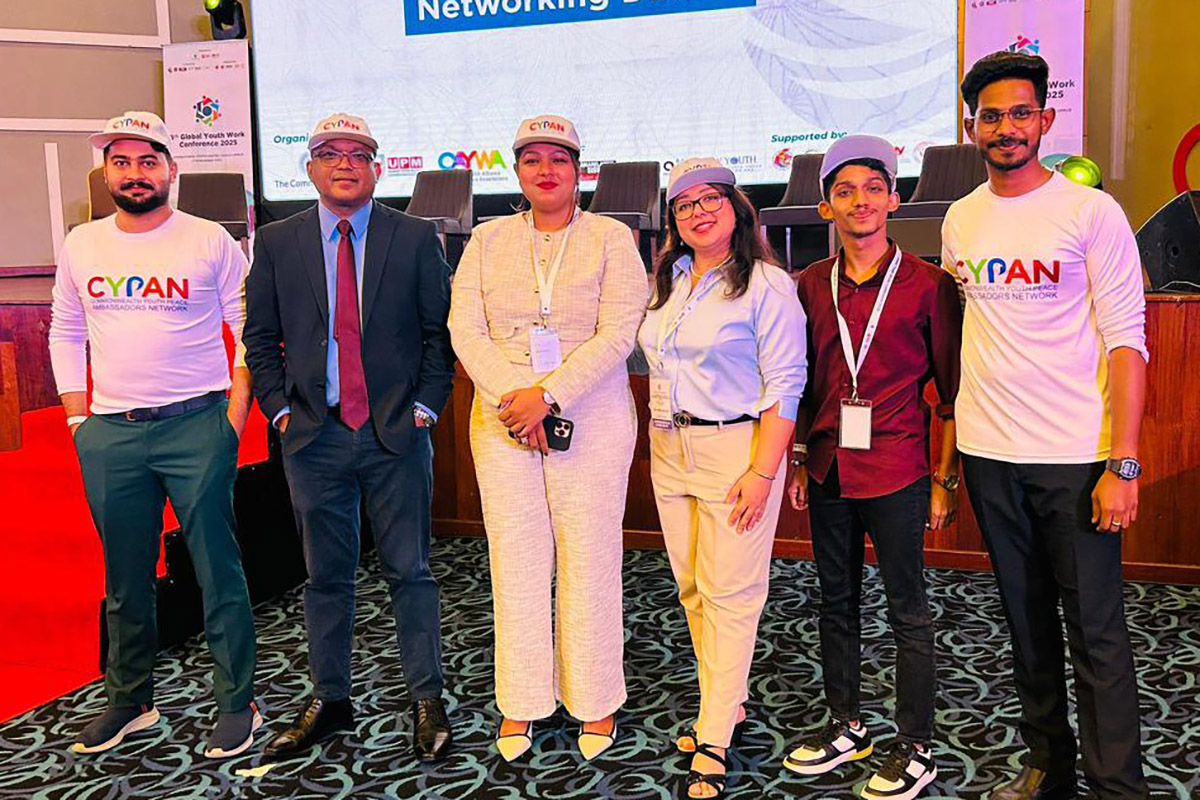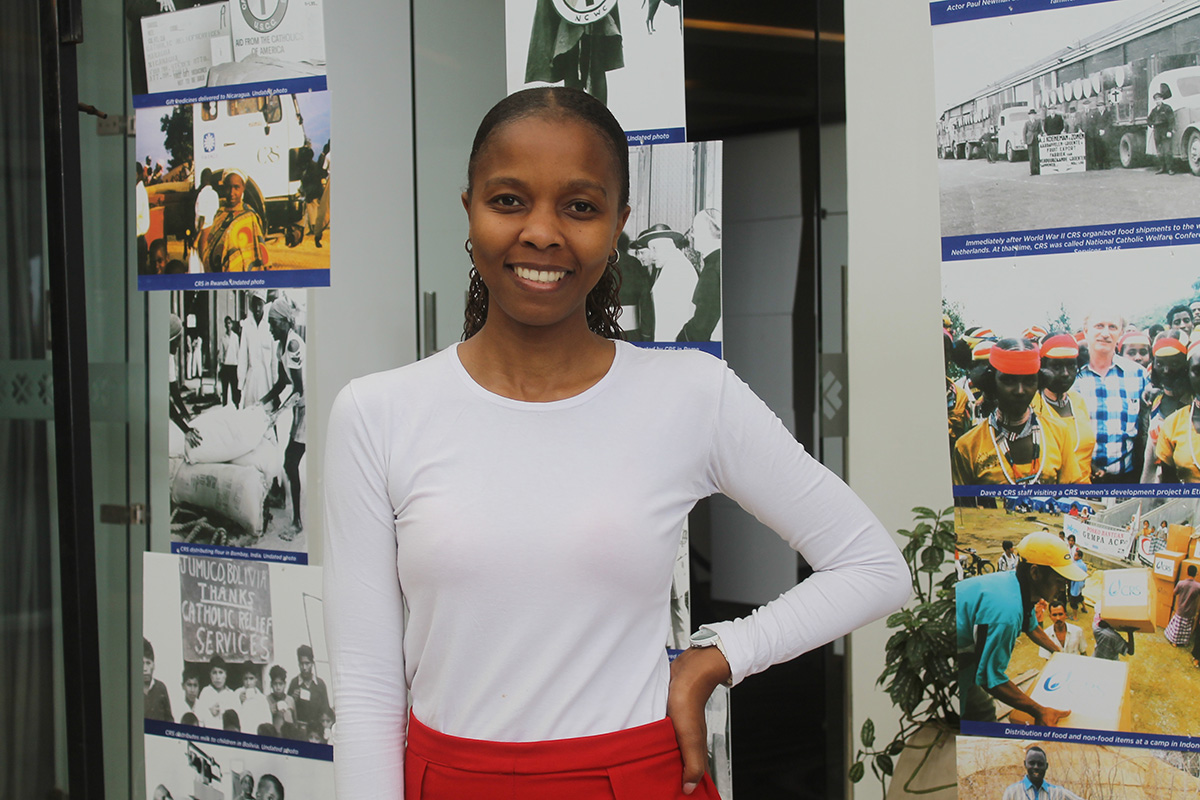Not Just a Housewife!
March 7by Monica Islam
It is said that giving birth to a child is roughly equivalent to having your 21 bones broken. A woman, who is also deemed to be the “natural care giver”, experiences excruciating pain during childbirth and undergoes several bodily changes, such as sore mammary glands and a loss of appetite or nausea, during nine months of pregnancy. She patiently, but happily, bears this all just to procreate and “give an heir” to the family.
And the woe does not end there. After childbirth, the mother is responsible for post-natal care and brain development of the baby, such as breastfeeding, changing the baby’s diapers and soiled clothes, sun-bathing the baby to have it soak in enough Vitamin D facilitated by the sun, taking baby steps towards walking and talking, and more.
Generally, every month, a woman goes through what I call “mini-pregnancy” or the dreaded menstruation. During that time, she usually experiences abdominal cramps, mood swings, light-headedness, and even a high temperature. While the severity of this varies from woman to woman, it is true for most women. This bodily process is central to procreation.
Apart from procreation, the home economy entails cooking for the entire family, doing the laundry, washing the dishes, shopping for groceries, and more. What is heart-breaking is that this care work—without which the society will come to a standstill—is largely unpaid and even disrespected or unacknowledged by people of all genders, ages and other stratifications.
While domestic helps are remunerated, a home-maker, or a housewife as people say, usually receives no compensation whatsoever. Her “office” runs all around the clock, and at the end of the day, whatever her mood, she is supposed to have a big smile on her face! On top of that, the woman has to be a seductress in the relationship and has to worry about her husband’s likelihood of infidelity! Modernity has not helped women either as they are nowadays expected to work both at home and outside, increasing the burden of work on them.
There was some debate about women getting paid for their care work, preferably from government funds. But more questions than answers arose. For instance, what value should be placed on holding a child to your bosom? Motherhood is priceless and no amount of money can be a fair compensation for it. There were also concerns that maybe if the woman got financially compensated, then the others around her would treat her as an employee and would not get emotionally invested in her care work. Many have tried to show respect by replacing the word housewife with “home-maker” in everyday language. Honestly speaking, that sounds mechanical, as if she is some electrical appliance like sandwich-maker!
For previous years’ Women’s Day celebrations, I advocated for an end to menstrual stigma, an end to female genital mutilation, and an end to discrimination against domestic helps. This year, I would call on everyone to get involved in care work and share the load of the woman, which will be a form of respect and recognition for all the hard work that a “home-maker” does. This could also be a fun source of bonding time for the family. We could also dedicate a day when all the household chores are done by the husband, children and extended family members, just to feel what a woman goes through every day. Sharing the load could also mean that we permanently hire professional helpers and provide scientific innovations, such as the washing machine, for the family at home.
Moreover, the load of equity for care-givers has to partly shift from homes to organizations and governments. For instance, in some cases, United Nations has extended the age limit of female job applicants to 45, accommodating the time required and spent by women in motherhood. In these little ways, we can all help our mothers and care-givers.
As Obama said, “We need to keep changing the attitude that congratulates men for changing a diaper, stigmatizes full-time dads, and penalizes working moms.”
Happy Women’s Day!






